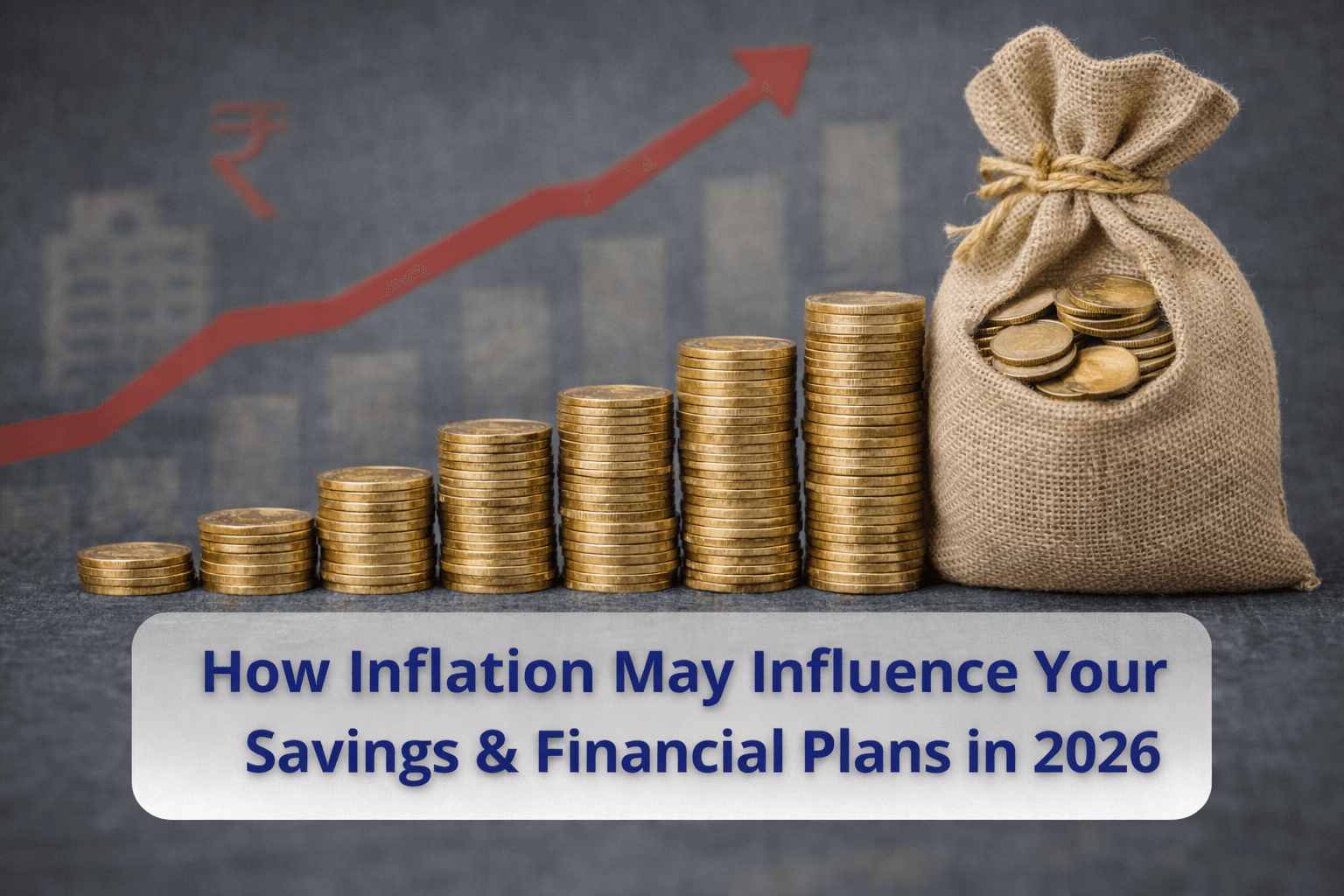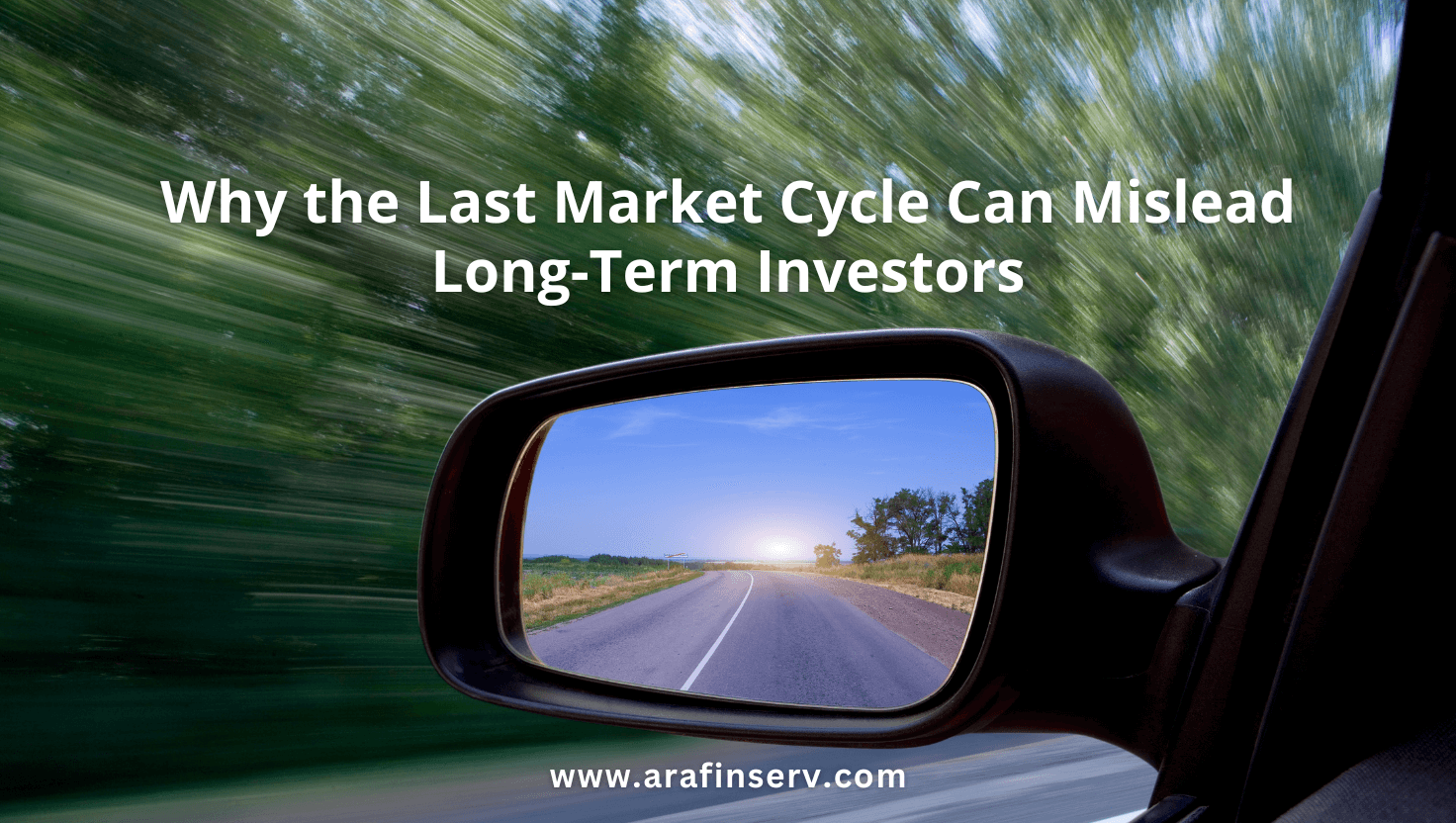Sometimes I feel we are so fortunate to be living in the 21st century. Multiple job opportunities, higher earnings potential, a good lifestyle, which the earlier generations could not even have dreamt of. When compared, our parents did not have the privilege of multiple opportunities be it career, earnings potential, or lifestyle. The investment avenues were limited for them, and lack of data or information often restricted their decision-making abilities. All these made them good planners naturally. Today, we are experiencing abundance of choices. But abundance comes with its own challenges. The amount of data and information that is freely available today, puts us in a state of confusion and often creates biases which influence our decisions (thanks to tech and media). In this article, we will talk on how a strong foundation, built based on various datapoints, can substantially reduce this risk while investing for a financially secure future.
In our journey of managing investments since 2009, we have met investors from various backgrounds with different investment experiences. This gives us an opportunity to understand different investor behaviours. Few common questions like ‘When is the best time to invest?’, ‘Which is the best fund to invest right now?’, or ‘How much returns will I get?’, describe the universal mindset of investors. The focus is mostly on the product or return on investment. This kind of approach has a higher probability of failure or underachieving the goals for which the investment is done.
Let me make this easier for you with the help of an example. When we are unwell or fall sick, we usually consult a doctor. Do we ask the doctor which is the best medicine available in the market? Wouldn’t that be a disastrous approach? Ideally, we explain the doctor about the symptoms that we are undergoing. Basis his diagnosis, the doctor prescribes us an appropriate treatment and the required medications. Doesn’t this sound as a logical approach? Likewise, investing also requires a similar approach. First, identify the objectives or the goals for which you are investing. Each goal will have a defined time horizon to achieve it. The goal along with the time horizon will enable your advisor to recommend the best suitable product. In short, the focus should be on getting a solution for the goals or requirements for which you are investing.
To avoid a trap with a product-based or a returns-based approach, first search the answers for the below questions:
- Why am I investing? or what is the goal for this investment?
- What is the time horizon for the investment/goals?
- Which product category will help me efficiently achieve the goals?
The deeper you think, better the clarity you get. Once you are clear, bifurcate the investment goals into three different time buckets – short, medium, and long term (refer the below exhibit). Time horizon defines the suitable risk-reward matrix, that is, whether the product chosen is suitable or risky. For example, for your short-term investment needs, if you choose a product which has a higher degree of volatility and is apt for goals above 5 years, it is definitely risky. The purpose of this process is to help you drill down to the suitable products to achieve your goals with highest possible probability.
A Few Examples of Goals
| Time Horizon | Goals | Suitable Product Category |
| Short Term (Up to 3 years) | Recurring expenses – Insurance Premiums, Child’s School Fees, Vacation etc.Creating an Emergency Fund, Marriage Expenses, Higher Studies | Low Risk – Low Return Products |
| Medium Term (3 – 5 years) | Purchase of Vehicle, Child’s admission to school, House Renovation | Moderate/Moderately High Risk – Moderate/Moderately High Return Products |
| Long Term (Above 5 years) | Child’s Higher Education (Indian/Overseas)Retirement Needs, Purchase of Property | High Risk – High Return Products |
Note: The above goals are for illustration purpose. The goals and the time horizon can vary from person to person depending on his/her age.
For the short-term requirements you should invest in low to moderately low risk products like the Debt Mutual Funds. Allocating for your short-term requirements ensures that you do not depend on your variable pay or credit cards to manage them. Moreover, it gives you immense confidence and helps you to stay stress-free. For your medium-term requirements, few of the debt mutual funds and selected Hybrid Mutual Fundsare ideal. Hybrid Mutual Funds are moderate to moderately high-risk products that give you the benefit of both the worlds – Equity & Debt, and help you earn a better tax adjusted return. You can consider them even for some of your long-term requirements if you do not want to take higher equity risk. And for your long-term goals, you should consider high-risk high return products like Equity Mutual Funds. These products can be volatile in the short to medium term, but help you earn returns that beat inflation. They are considered as one of the best probable options for long term wealth creation in today’s date.
I am sure that you have understood the broad framework and the process for selecting an investment product. But is this sufficient to become a successful investor? Definitely not! This will just help you to lay a strong foundation for your investment journey. Once the objectives are set, you should define an Investment Policy which will guide you to plan the right asset allocation.
Your job, profession, or business will require you to dedicate lot of your time for consistent progression. It is obvious that your work cannot take a back seat being the primary source of your wealth. Hence, it is prudent to engage with a trusted investment partner to get the best outcome in the long term. An advisor plays a crucial role in planning and building your investment portfolio and more importantly, help you avoid taking any financial decisions based on emotions or any kind of behavioral biases. Market returns, volatility, etc. will never be in anyone’s control. But having an investment objective, drawing a plan for it, maintaining the required asset allocation, and more importantly, sticking to the plan with discipline is very much within human control. All these together will ensure that you achieve success in the long term. All it demands from you, is a lot of patience, discipline, a right mindset, an investment friendly behaviour and an unbiased investment partner to guide you throughout.

Shreedhara is the Founder & Director of Ara Financial Services Pvt. Ltd. He has an experience of over 2 decades in Financial Service Industry with majority of it in guiding individuals and institutions on their investments requirements.










1 thought on “The Importance of Planning in Investing”
I am very Happy to know more about mutual funds and invest in mutual fund with your guidance